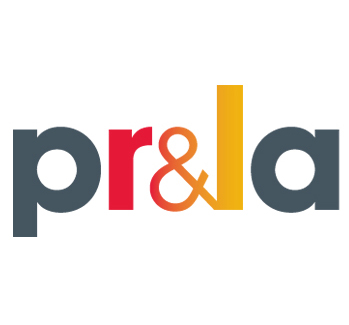We recently had an inquiry from a hotelkeeper regarding firearms, specifically, can hotelkeepers prohibit firearms on their premises, regardless of whether the guest has a license or permit to carry the firearm. Further, if the guest violates such policy, can the hotelkeeper ask the guest to leave, and does the Pennsylvania Innkeepers’ Bill of Rights protect the hotelkeeper from liability for denying access?
We will expand our discussion to the extent possible to address the first question for both hotelkeepers and restaurant operators.
Generally, throughout the nation, there have been cases, some recently, involving the control of a business by an owner versus certain statutory or Constitutional rights of customers. Two specific factual issues that received significant press recently include the case involving a baker who refused to make a wedding cake for a gay couple and the use of restrooms in the Starbucks case.
The Pennsylvania Statute drafted by the undersigned and introduced into Pennsylvania Law by the association for hotel owners at the time, commonly called the “Pennsylvania Innkeepers’ Bill of Rights,” provides in part that “a hotelkeeper shall have the right to refuse or deny accommodations, facilities, or privileges of a lodging establishment to…a person who the hotelkeeper reasonably believes is bringing into the lodging establishment property which may be dangerous to other persons, including explosives or illegal firearms.”
In our opinion, this statute clearly indicates that if a prospective customer does not have the appropriate license for firearms which they want to bring upon the premises, the hotelier is allowed to deny occupancy to that customer and is protected from liability for denying such accommodation. This protection is limited to hotelkeepers.
This then raises the issue of whether a hotelkeeper or a restaurateur may preclude customers from bringing appropriately/legally licensed firearms upon the business premises.
Generally, an owner of a business property can set reasonable regulations for the use, control of, or behavior of customers upon its premises. Whether it is reasonable for the business owner to preclude the presence of firearms (legally licensed by the customer) involves a gray area which could ultimately end in a Constitutional law issue with the Supreme Court someday. Is a hotel factually a “public accommodation” open to all? To some extent, in our opinion, the answer depends upon the size and content of the hotel versus the rights of individuals in our country.
Rather than theorizing on this legal issue, the remainder of this article provides some practical advice applicable to both hotels and restaurants.
An appropriate approach by a hotelkeeper or restaurateur who wishes to preclude the presence of firearms on its premises would be to post the premises either with signage, on its website, in its contractual documents, etc. that firearms, even those legally licensed, are not allowed upon the premises. If the customer pursues the issue, the hotelkeeper could politely state that he understands one’s right to carry a firearm that is properly licensed, but he would prefer not to have firearms of any nature on the premises in order to assure a safe premises for all. If the guest continues to pursue the issue, the hotelier could ask that the firearm be placed under lock and key in his/her car or some other controlled-access place on or off the premises; or he could recommend that the firearm be locked in the establishment’s safe (if of sufficient size).
The particular facts that raised this issue involved a guest who brought a legally-licensed firearm onto the hotel premises, which he left in his room while he was somewhere outside the room. In the room, the firearm was easily seen or discovered by a service employee. In addition, there were substantial quantities of alcoholic beverages visible in the room. This made for potentially dangerous conditions.
In summary, in our opinion, reasonable procedures to protect the safety of all of your customers should be a primary risk management issue. You can suggest that legally-licensed firearms not be brought upon the premises. If the customer wants to push the envelope, try to find some workable alternative where it can be stored under lock and key until the customer checks out. It is significantly less expensive than taking on a potential U.S. Supreme Court case! •
If you have any further questions concerning this particular subject, please contact Keith A. Clark, Esquire at kclark@shumakerwilliams.com or 717-763-1121.

Keith A. Clark, Esquire
SHUMAKER WILLIAMS, P.C.
General Counsel,
Pennsylvania Restaurant & Lodging Association












